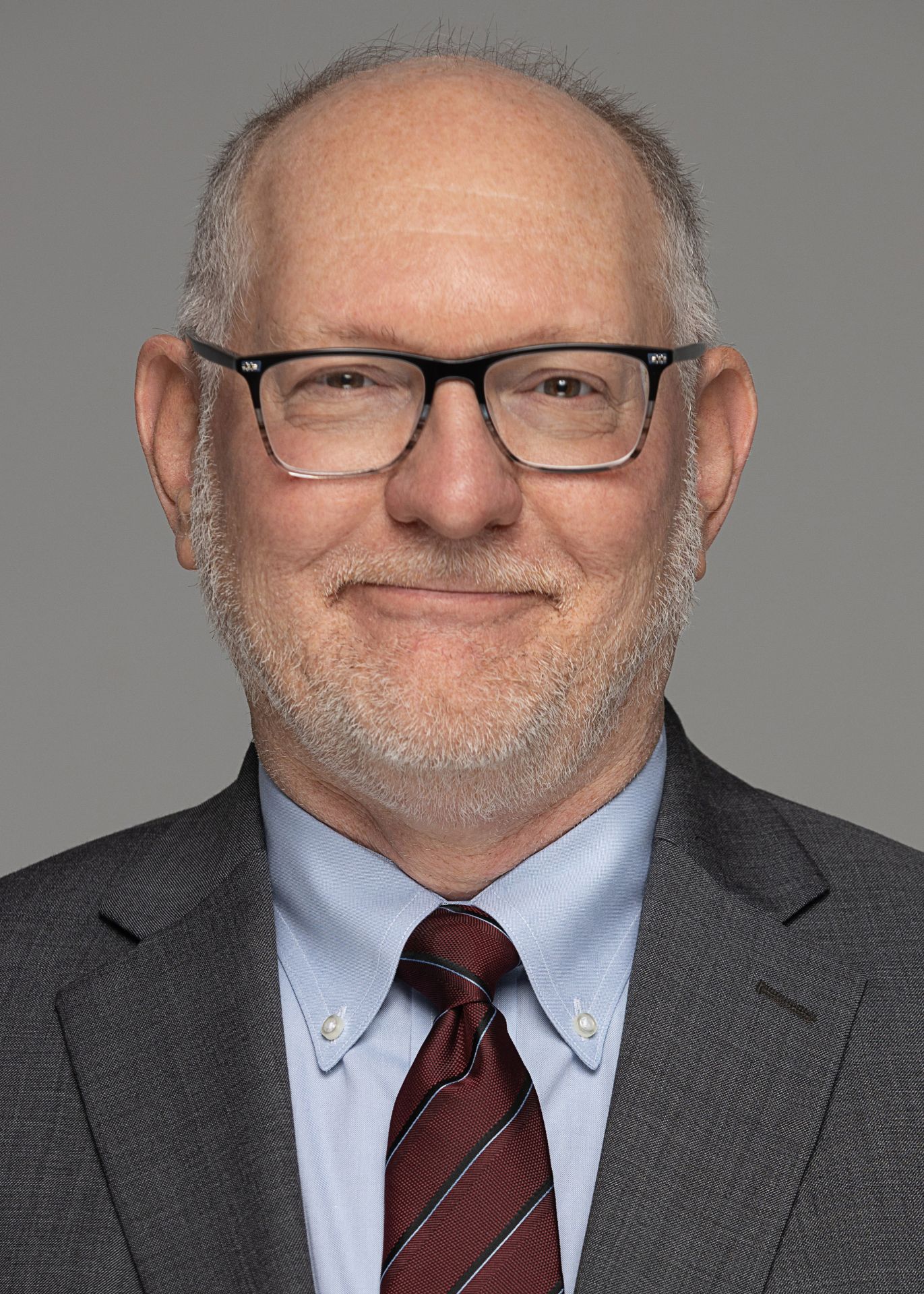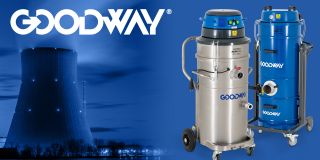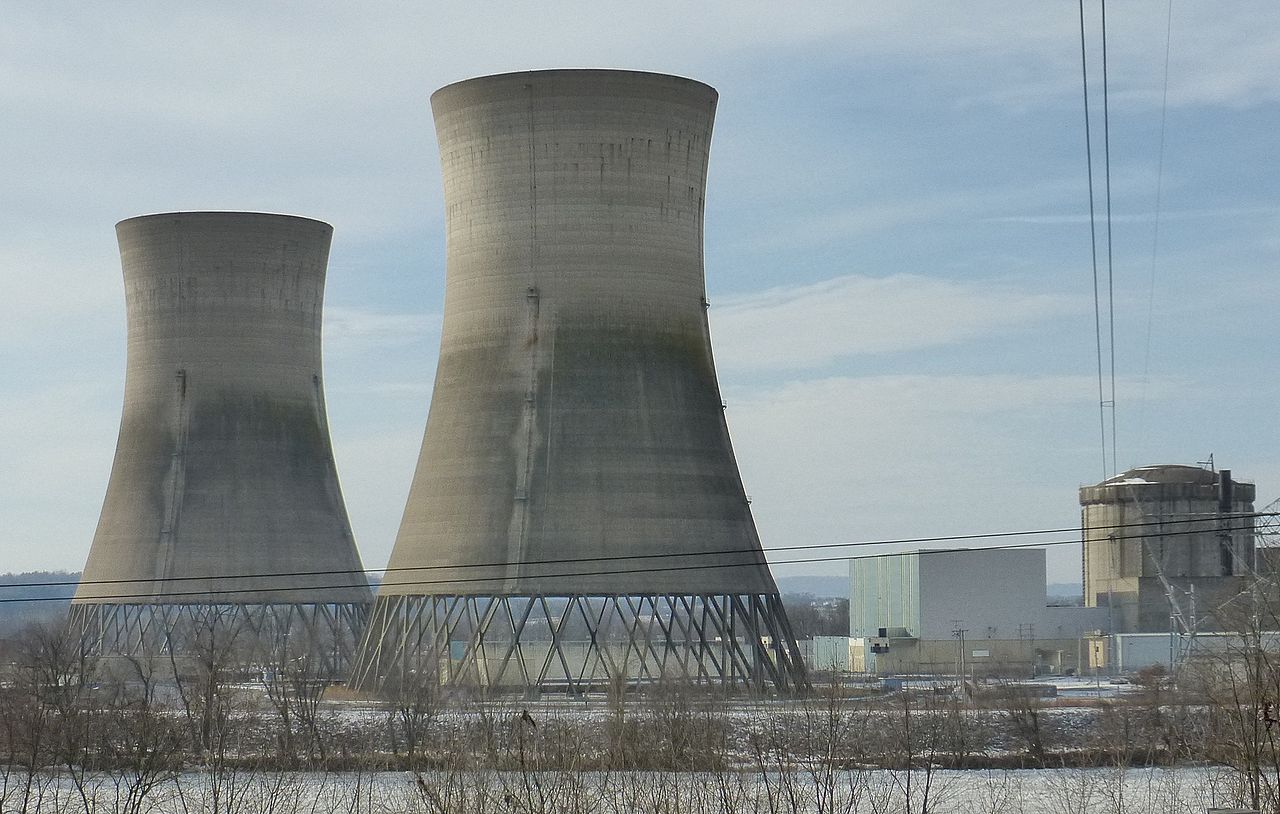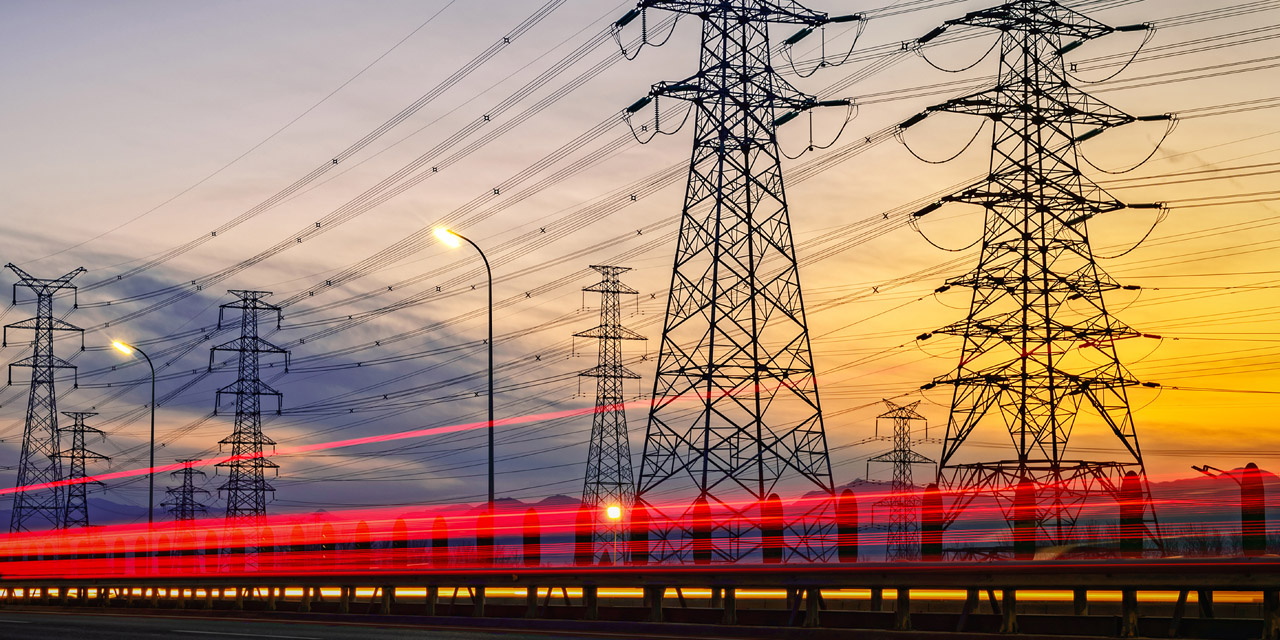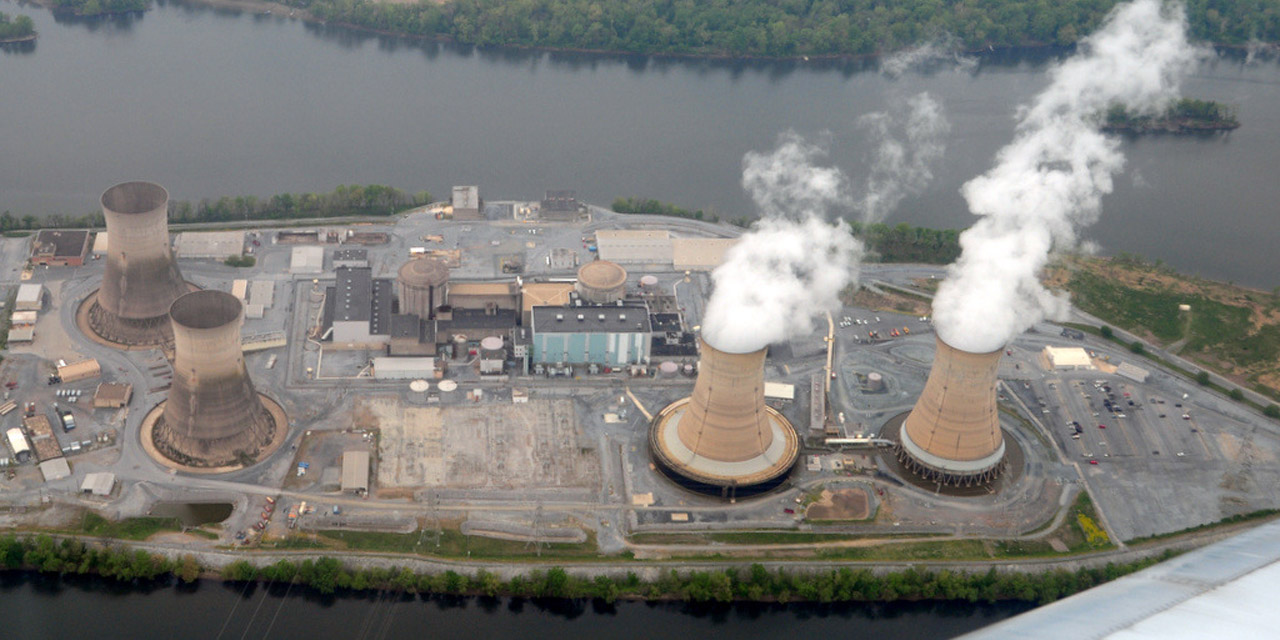The cooling towers of Unit 2 at Three Mile Island Nuclear Generating Station, closed since the accident in 1979.
The Three Mile Island accident in 1979 was the most-studied nuclear reactor event in the U.S. There is a plethora of research about the accident available to the general public, including the president-appointed Kemeny Commission report and the Nuclear Regulatory Commission’s Rogovin inquiry report (split into volume one, and volume two, parts one, two, and three), which are the two detailed government-sponsored investigations into the accident. There are also thousands of documents in the NRC’s ADAMS database available to the public, an excellent overview by NRC historian Samuel Walker Three Mile Island: A Nuclear Crisis in Historical Perspective, as well as the Nuclear News special report from April 1979, and articles written by ANS members like William Burchill about the accident and the many changes it forced on the industry. If the producers of Meltdown: Three Mile Island—available on Netflix—had read any of those documents instead of relying mostly on input from antinuclear activists, their “documentary” might have been presented with at least some sense of balance and credibility.
Instead, similar to a recent Science Channel documentary on the Three Mile Island accident, Meltdown focuses on drama instead of science. This four-part miniseries does not attempt to provide a balanced set of facts from the technical community and instead relies heavily on nonexpert opinions and anecdotal statements to tell a story that easily falls apart under even the faintest scrutiny.
Nuclear News reached out to multiple ANS members who were involved with either the accident response or the clean up to help provide a critical look at some of the more egregious statements made in the documentary.
The accident at Three Mile Island revealed many areas for improvement in the safety of nuclear power that have been addressed continuously in the past 40 years.
Part one of this article, published in the May 2019 issue of Nuclear News[1] and last Friday on Nuclear Newswire, presented insights from the 1979 accident at Three Mile Island-2 and addressed several issues raised by a previous Nuclear News piece on the accident[2]. Part two discusses safety improvements that have been made by both the industry and the Nuclear Regulatory Commission over the past 40 years.
Sparked by an article on the TMI accident that appeared in the March 2019 issue of Nuclear News, ANS past president William E. Burchill (2008–2009) offered his own views on the subject. Part 1 of the article appeared in the May 2019 issue of NN and Part 2 was published in June 2019.
The accident at Unit 2 of the Three Mile Island nuclear power plant on March 28, 1979, was an extremely complex event. It was produced by numerous preexisting plant conditions, many systemic issues in the industry and the Nuclear Regulatory Commission, unanticipated operator actions, previously unrecognized thermal-hydraulic phenomena in the reactor coolant system (RCS), and the unprecedented challenge of managing a severely degraded core.
Rendition of a VOYGR plant layout. (Image: NuScale)
Universities are places where professionals, experts, and students come together to teach and learn, to conduct and disseminate research, and to dream and explore. Universities have a long history of technological innovation and development. It should therefore come as no surprise that institutes of higher education have been an integral part of the recent explosion of innovation within the advanced nuclear reactor community. Universities have not only powered workforce and technology development, but in a number of cases, they have served as the actual birthplaces of today’s advanced reactor designs.
The Michigan and Ohio Section of the American Nuclear Society warned of environmental and economic harm if Palisades’ clean energy is lost in May
The combined Michigan and Ohio Section of the American Nuclear Society (ANS) urged Michigan Gov. Gretchen Whitmer and state lawmakers in a letter to reconsider the premature closure of the carbon-free Palisades nuclear power plant in May.
Europeans are taking resolute steps to reduce their output of climate-changing gases, but some countries are moving in the wrong direction.
Europeans are taking resolute steps to reduce their output of climate-changing gases, but some countries are moving in the wrong direction.
Many countries are adding solar and wind, which are low-carbon energy sources. Some have moved to biomass, the value of which as a climate cure is not clear. A few are adding reactors, while others are defining nuclear as dirty energy and natural gas as “clean” and are changing their generation mix accordingly.
This is the first newsletter of the ANS Rapid Response Taskforce on the Russian invasion of Ukraine. The Taskforce will issue updates as needed.
Energoatom, photo of Rovno (Rivne) NPP. Rivne NPP | Energoatom
External power supplies were restored to the decommissioning Chernobyl facility following repairs of damaged power lines — before being reportedly damaged again, according to Ukraine's transmission system operator Ukrenergo.
